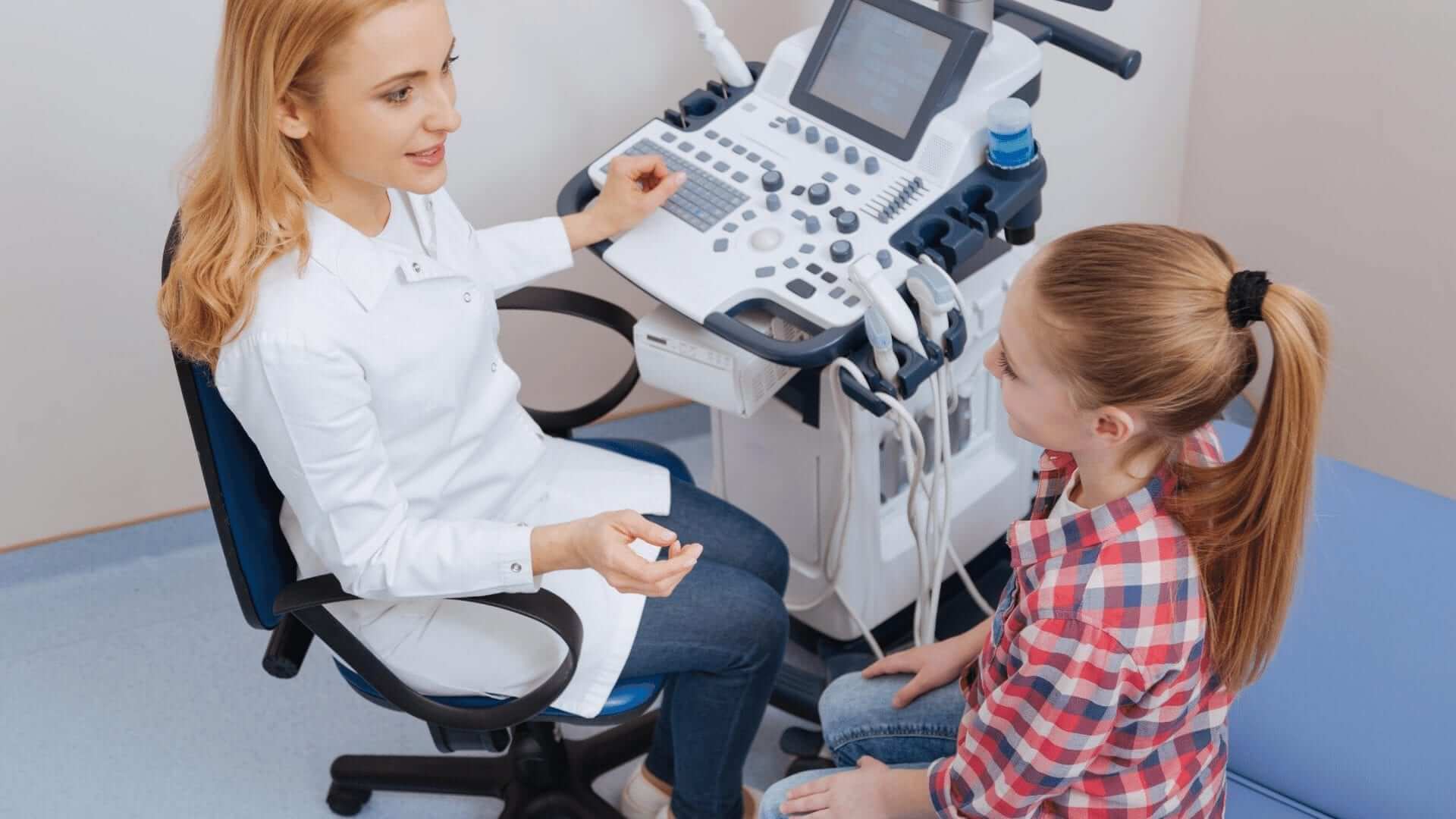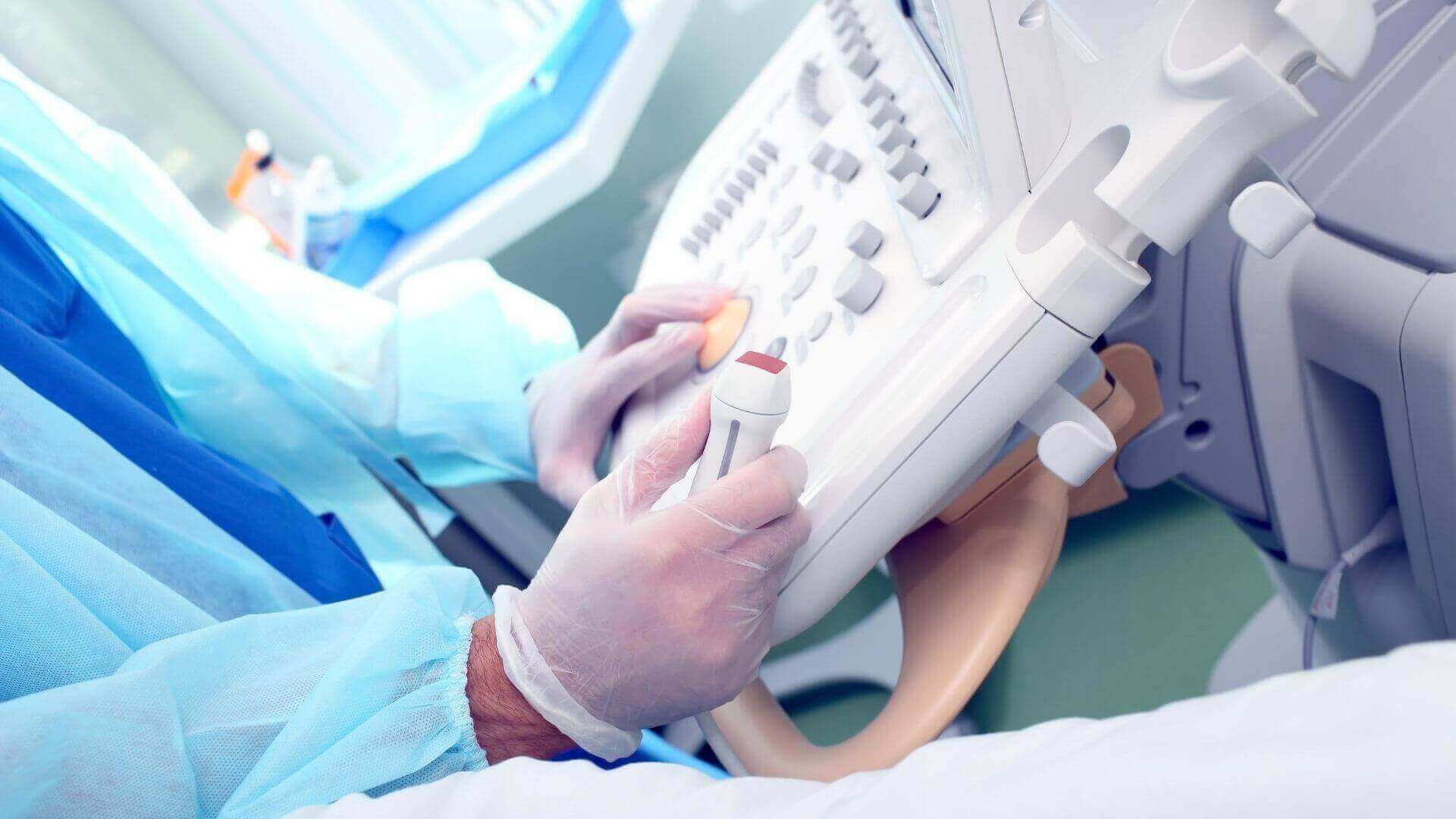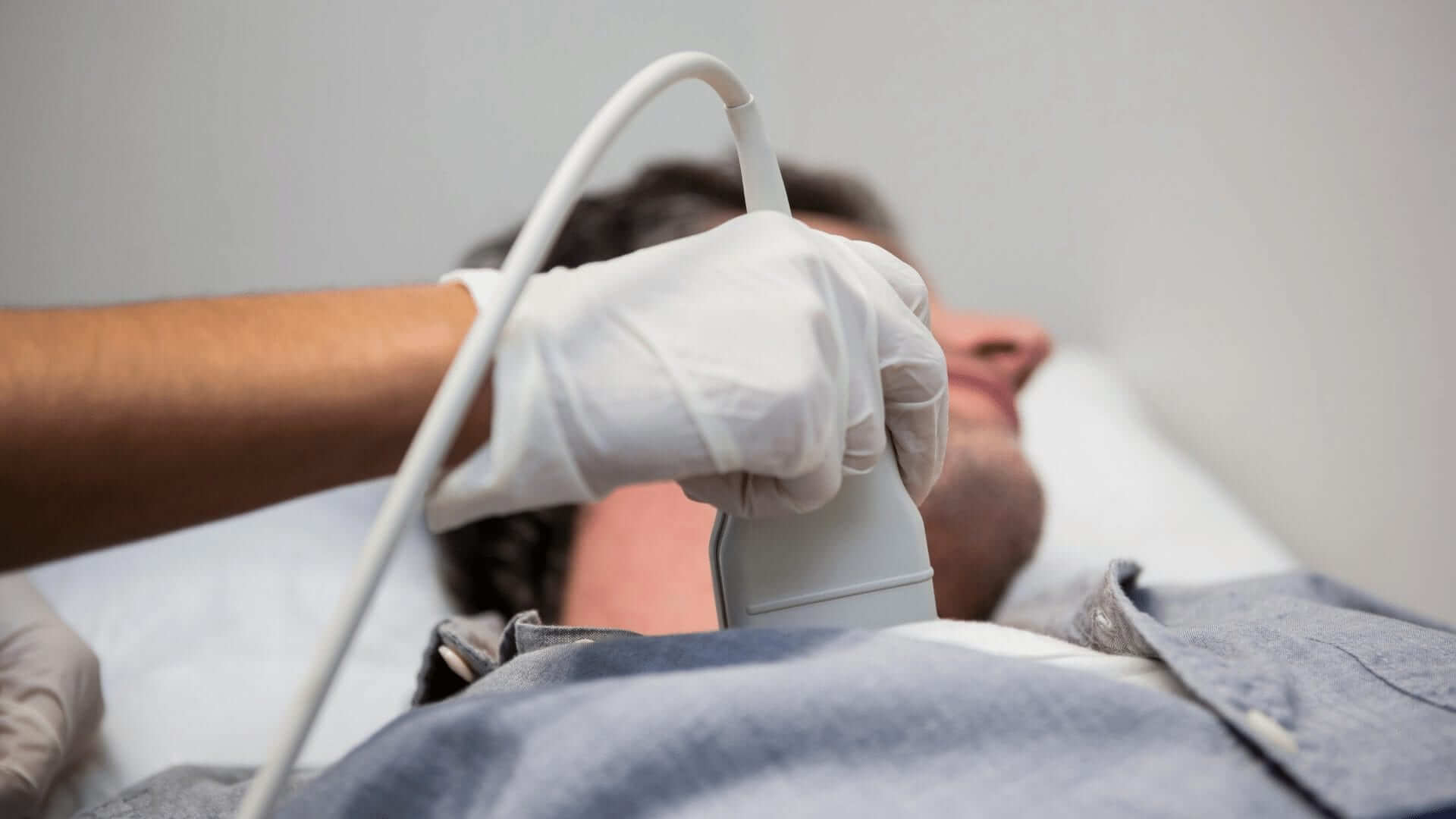The Relevance Of Ultrasound Programs
Date: November 11, 2018
A variety of studies for certification and degrees, such as associate, bachelor, and master, are provided by ultrasound programs. For medical ultrasonography machines to operate correctly, it takes expert skills, which automatically require proper education and specialized certification. All these can be obtained by following ultrasound programs.
Ultrasound bounces sound waves to generate visual images used for evaluating health. Viewing moving muscles, veins, and other soft tissues are allowed by ultrasound technology, also known as sonography, making it superior to x-ray. Assessing unborn fetuses’ health in the womb is considered one of the most familiar uses for ultrasound. Of course, there are many other medical applications for an ultrasound.
By following ultrasound programs, students are being provided with the possibility of learning the proper imaging techniques, which are being used in various procedures to aid in diagnosing conditions and ailments. The appropriate methods for keeping patient records and adjusting and maintaining ultrasound equipment will also be taught in ultrasound programs. Once he is employed, an ultrasound technician is being attributed to the duty of equipment purchases, scheduling procedures, and the administration of the ultrasound or diagnostic imaging department.

Hands-on laboratory requirements are included in a bachelor’s degree in radiologic sciences, enhancing career opportunities. The applicant for a bachelor’s degree program must necessarily hold a certificate or an associate degree in Radiologic Technology, which can be obtained by following ultrasound programs. Technical writing, humanities, sciences, and communication skills are additional studies required for baccalaureate degrees.
There are qualified technicians in demand in all ultrasound fields, as most ultrasound and sonography technicians are required in hospitals. Others are required in physician’s offices and medical and diagnostic laboratories.




